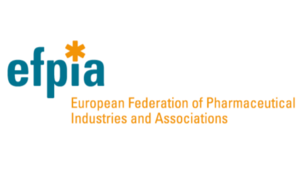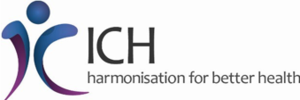Relentless attention to Regulations and Compliance
We have been delivering payment services for 20 years
Data Protection
IF-RS is committed to keeping your personal information secure and managing it in accordance with our legal responsibilities, under the privacy and data protection laws applicable wherever we operate, as well as the General Data Protection Regulation (Regulation (EC) 2016/679 (“GDPR”) in the European Union (“EU”).
Our Privacy Policy provides detailed information about how we, the controller of the personal data (“controller” within the meaning of the EU data protection legislation), collect, process and retain personal information gained through our Payments Platform, www.if-rs.com, or otherwise, in respect of the services we offer to you.
Reporting Payments in Europe and Globally
The IF-RS Platform enables Sponsors to comply with mandatory and/or voluntary transparency requirements. Reports on payments to Sites, Pharmacies and Laboratories can easily be produced, lightening the administrative burden of those parties who are obliged to report such payments.
Following the introduction by the US of the ground-breaking Physicians Payments Sunshine Act in 2010, the transparency landscape is shifting rapidly in Europe. As per June 30, 2016, pharmaceutical companies have been forced to disclose full data on payments made to doctors across Europe. Starting then, all pharmaceutical companies will be required to publish payments they made in the previous year to physicians, nurses, and other healthcare professionals (HCPs).
In addition, Medicines for Europe recently published their Code of Conduct, which requires reporting for physician payments starting in 2018 for payments made in 2017. The Code is similar to the EFPIA Code, and in 2018, there will be one system for Europe.
As a consequence of the Sunshine Act, many sponsors have implemented process changes that include contractually requiring CROs and other service providers to document and submit payments made to investigators on their behalf, which adds to the overall financial burden created by the Open Payments requirements. Vendor contracts also increasingly include potential penalties for third parties who fail to report these payments in an accurate or timely way.
Good Clinical Practice
The International Council for Harmonisation of Technical Requirements for Pharmaceuticals for Human Use (ICH), established as an international non-profit Association under Swiss law on October 23, 2015, is unique in bringing together the regulatory authorities and pharmaceutical industry to discuss scientific and technical aspects of drug registration. Since its inception in 1990, ICH has gradually evolved, to respond to the increasingly global face of drug development.
ICH's mission is to achieve greater harmonisation worldwide to ensure that safe, effective, and high quality medicines are developed and registered in the most resource-efficient manner. Harmonisation is achieved through the development of ICH Guidelines via a process of scientific consensus with regulatory and industry experts working side-by-side. Key to the success of this process is the commitment of the ICH regulators to implement the final Guidelines.


